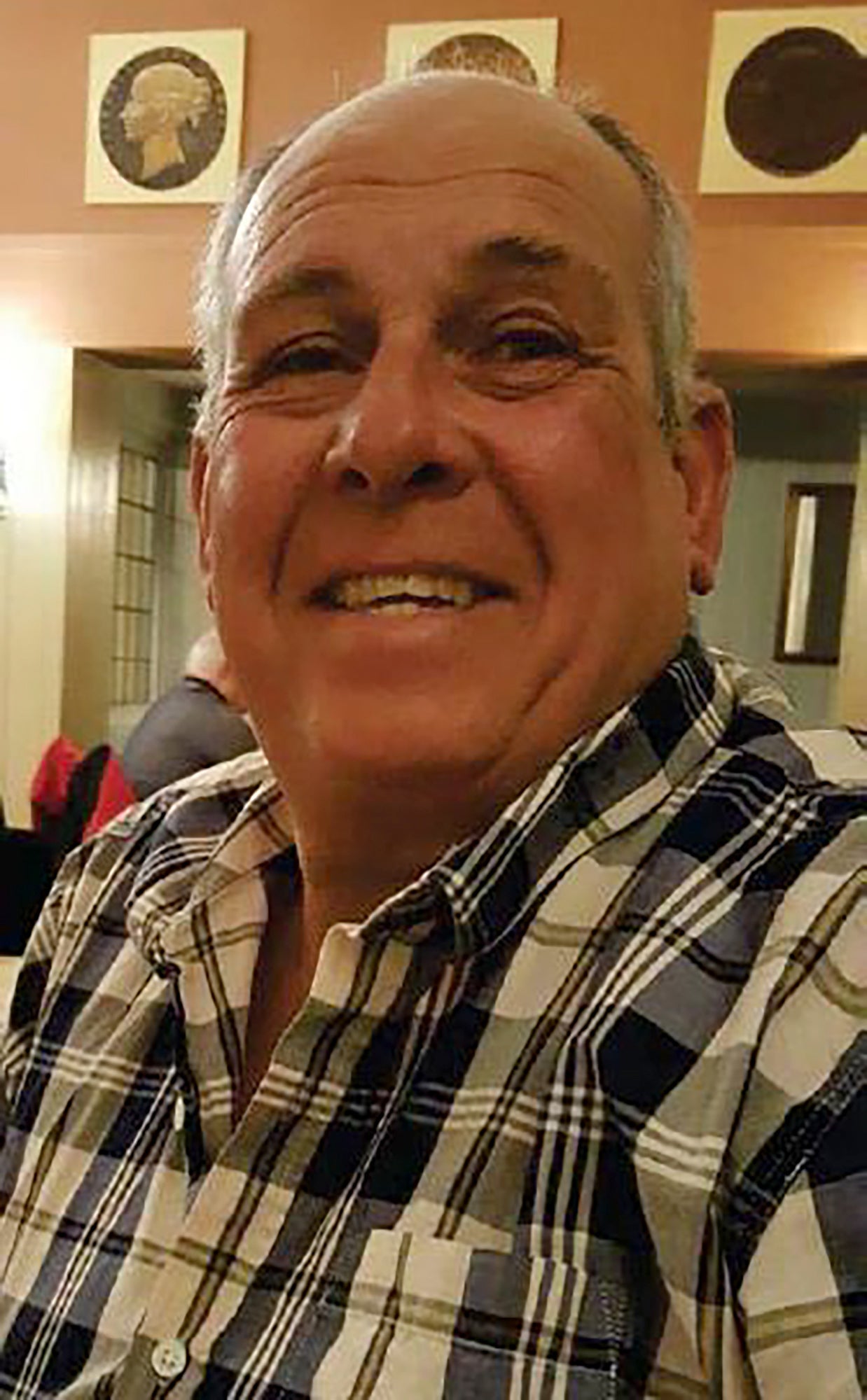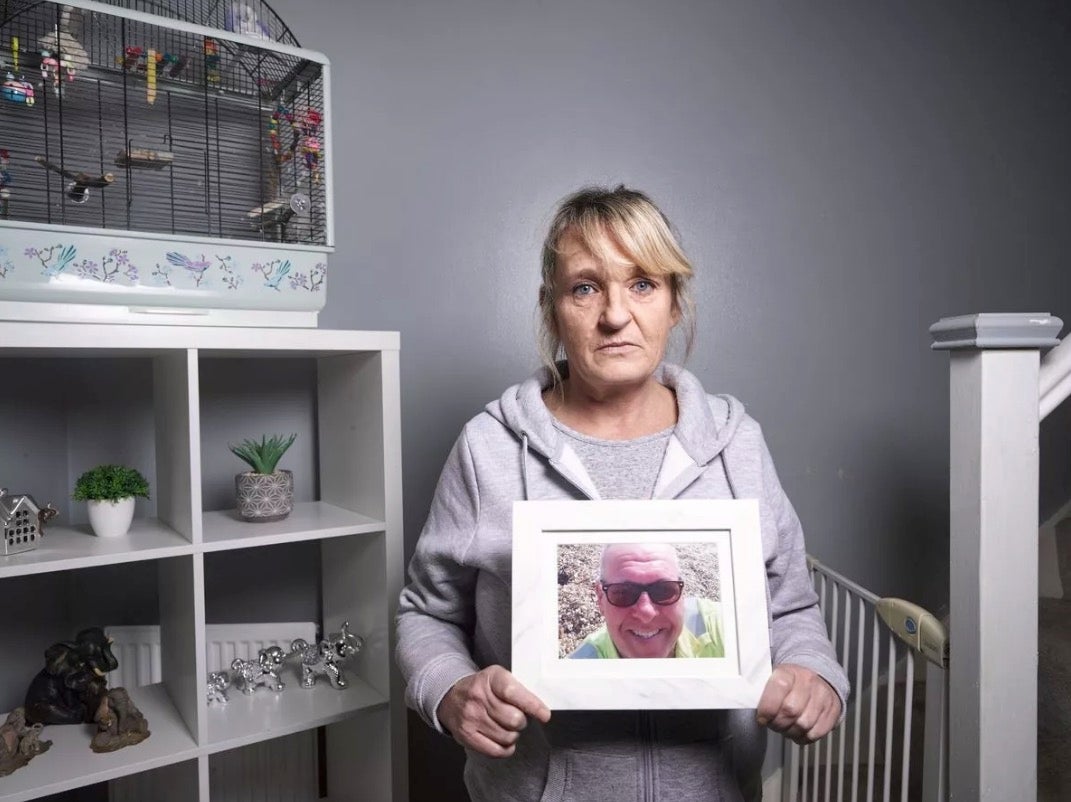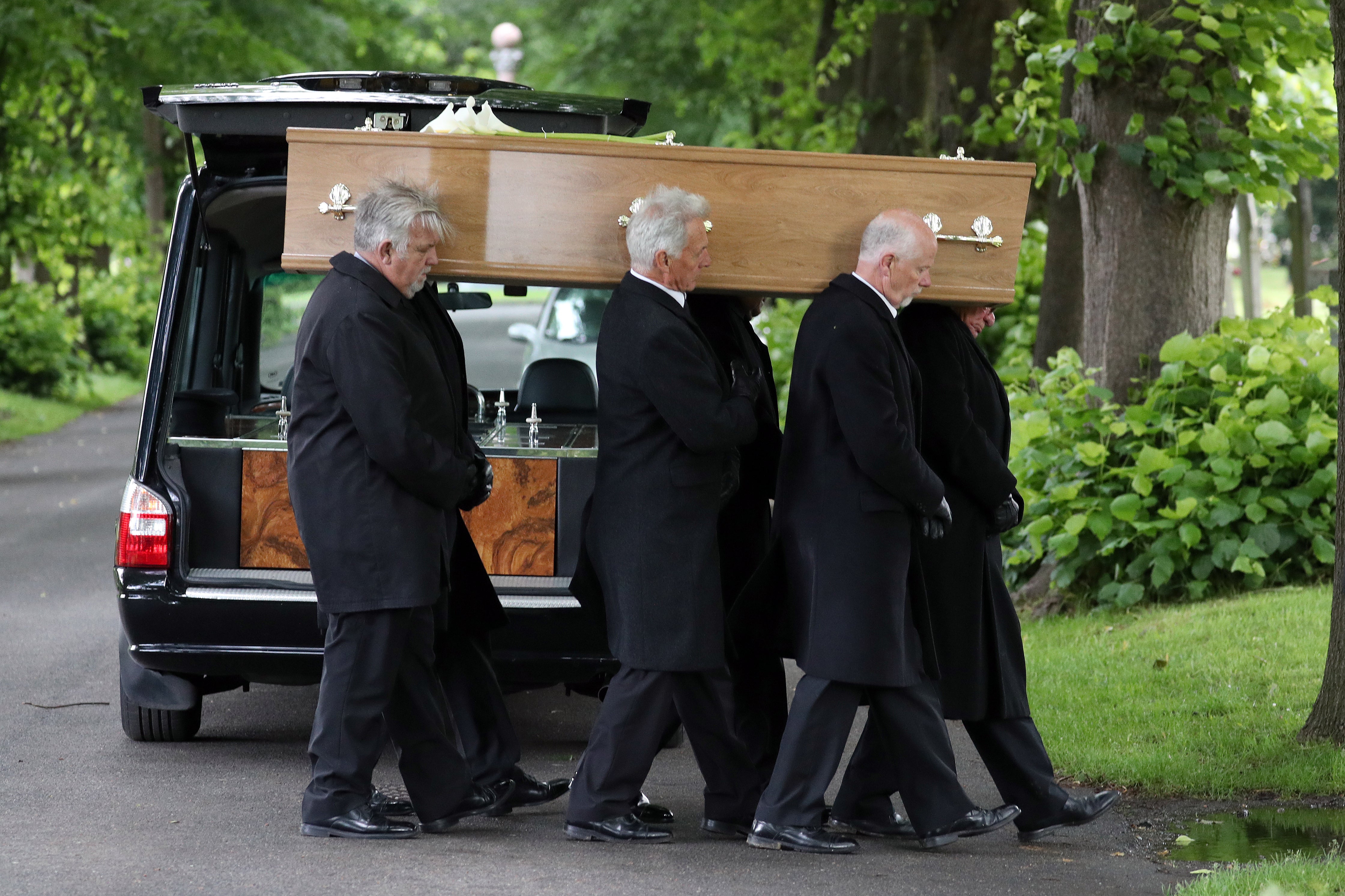Jeremy Kyle Show guest ‘insisted’ GP wrote letter saying he was no longer depressed before appearance
Steve Dymond died of overdose at Portsmouth home days after filming for ITV programme
Your support helps us to tell the story
From reproductive rights to climate change to Big Tech, The Independent is on the ground when the story is developing. Whether it's investigating the financials of Elon Musk's pro-Trump PAC or producing our latest documentary, 'The A Word', which shines a light on the American women fighting for reproductive rights, we know how important it is to parse out the facts from the messaging.
At such a critical moment in US history, we need reporters on the ground. Your donation allows us to keep sending journalists to speak to both sides of the story.
The Independent is trusted by Americans across the entire political spectrum. And unlike many other quality news outlets, we choose not to lock Americans out of our reporting and analysis with paywalls. We believe quality journalism should be available to everyone, paid for by those who can afford it.
Your support makes all the difference.The guest who died of suspected suicide in the days after appearing on The Jeremy Kyle Show had “insisted” his GP wrote him a letter saying he was no longer depressed in the weeks before filming, an inquest into his death heard.
Steve Dymond, 63, died of an overdose and heart problem at his home in Portsmouth seven days after recording for the ITV show in May 2019.
Mr Dymond had failed a lie detector test he took for the show after being accused of cheating on his former partner Jane Callaghan, from Gosport in Hampshire.
Giving evidence on the second day of the hearing on Wednesday, Dr Amjad Rehman said he saw Mr Dymond on 29 April 2019 when he was “insisting” the doctor wrote him a letter to say he was no longer depressed or taking his mental health medication so that he could go on a television show “as a matter of life or death”.
The GP, who works at the Rowner Health Centre in Gosport, told Winchester Coroner’s Court that Mr Dymond had expressed suicidal thoughts on 14 March - just weeks before filming.

He said: “[Mr Dymond] was very depressed and said he was depressed for the last four weeks, he was separated from his partner for the last four weeks. He kept lying to her, was continually lying to his partner.”
He added: “He was very anxious, picking at his arm, and he was very upset.”
Dr Rehman said not all of Mr Dymond’s medical records connected to his mental health were available on his system at the time of the consultation.
But the inquest heard Mr Dymond had been diagnosed with a depressive disorder in 1995 and he had taken overdoses on four occasions – in January 1995, twice in December 2002 and in April 2005.
The court was told he had also attempted to harm himself in December 2002.
He was also sectioned on 22 September 2005, and a mental health assessment found he was at “risk of suicide”.

Dr Rehman said Mr Dymond’s case had been referred back to the community health team under his supervision following the 14 March 2019 appointment, because he was deemed to be of “low risk of suicide” and had been experiencing a “reactive episode” to his relationship breakdown.
When Mr Dymond was assessed by the acute mental health team, he had “suicidal thoughts” but denied “any concrete plan”, the inquest heard.
Dr Rehman said he saw Mr Dymond again on 29 March when he prescribed him the anti-depressant Sertraline. The patient was still reporting “off and on self-harm thoughts” but had no “plans to materialise them”.
The inquest heard Mr Dymond went into the surgery on 9 April and spoke to a staff member who recorded in notes that he was “desperate for a letter to take to the show” and was “not pleased” when a doctor’s reluctance to write one was relayed to him.
The court was also told Mr Dymond saw a nurse practitioner on 10 April, when he asked for a letter to say he was not depressed or taking anti-depressants so that he could go on a television show to take a lie detector test.

He had handed back the anti-depressants unused, but the nurse refused to write the letter.
Dr Rehman said Mr Dymond then attended his surgery on 29 April, “banged” open his door with his foot, “insisting that he should get the letter ... as a matter of life or death.”
The GP said Mr Dymond’s mood and appearance had improved and agreed to write a letter reflecting this, but declined to say he was not suffering from depression.
The letter read to the inquest said: “Mr Dymond has a history of low mood and depression but his mood has improved since he got back together with his partner.
“I saw him for review at the surgery today and his mood has improved and he is not taking any anti-depressants at this time. I hope you will find this information helpful.”
Dr Rehman said he knew Mr Dymond wanted to go on a TV show but did not ask for further details.

He insisted the letter was not specifically for The Jeremy Kyle Show and denied having detailed knowledge of the programme.
Asked if he was able to say whether Mr Dymond was suitable for attending the show and taking a lie detector test, Dr Rehman said: “I can’t comment on that because I don’t know the show, and if he wanted to go to the TV show then I would refer him to the psychiatrist to give his opinion.”
The GP said he was not contacted by anyone from the show or ITV.
Asked if it was “not pertinent” to mention a history of suicidal thoughts in his letter, Dr Rehman said: “I could have mentioned that but the mental health team did not say that he was suicidal.”
Pressed by Neil Sheldon KC, representing Mr Kyle, on why he did not make reference to Mr Dymond’s suicidal history in the letter, the GP said: “I wrote that he had a history of depression.”
The hearing continues.
If you are experiencing feelings of distress, or are struggling to cope, you can speak to the Samaritans, in confidence, on 116 123 (UK and ROI), email jo@samaritans.org, or visit the Samaritans website to find details of your nearest branch.
If you are based in the USA, and you or someone you know needs mental health assistance right now, call or text 988, or visit 988lifeline.org to access online chat from the 988 Suicide and Crisis Lifeline. This is a free, confidential crisis hotline that is available to everyone 24 hours a day, seven days a week.
If you are in another country, you can go to www.befrienders.org to find a helpline near you.
